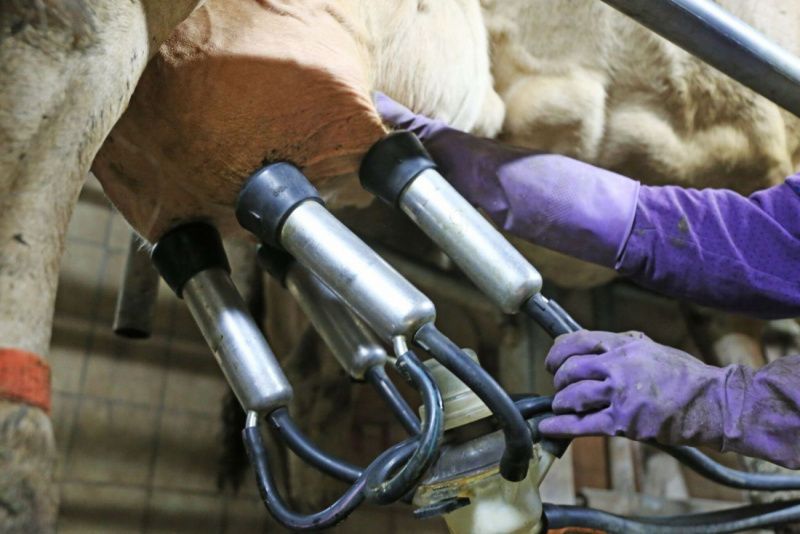US Dairy Industry Faces Crisis Over Trump’s Mass Deportation Plan

Rick Naerebout, CEO of the Idaho Dairymen’s Association, did not mince words: “The ability of the U.S. to feed itself as a country is completely jeopardized if mass deportations proceed.” His concerns echo those of dairy farmer Bruce Lampman, who relies on immigrant workers to handle jobs that Americans typically avoid. “We wouldn’t survive without them,” Lampman told Stateline.
Labour Shortages and Economic Fallout
Immigrant workers, many of whom may be undocumented, make up as much as 80% of the U.S. dairy workforce, according to estimates cited by Farm Policy News. A 2015 Texas A&M University study revealed that losing 50% of dairy labor could lead to $5.8 billion in lost fluid milk sales and an economic loss of $16 billion nationwide.
A Call for Labour Reform
Industry advocates are calling for swift policy changes to legalize undocumented workers and establish a more effective guestworker program. The National Milk Producers Federation (NMPF) emphasized that dairy farmers, unlike other agricultural sectors, do not have access to the H-2A seasonal worker program, as dairy requires year-round labor.
“Dairy farms cannot lose their current workers without massive disruption to their farms and rural economies,” the NMPF said in a statement. “A permanent legal status for current workers and their families is essential for the survival of the U.S. dairy industry.”
What’s at Stake?
With milk production at risk, higher consumer prices for dairy products and broader economic losses are likely if no action is taken. Industry leaders are urging the new administration and Congress to prioritize agricultural labor reform before mass deportations exacerbate an already dire labor shortage.
As Trump’s inauguration looms, the future of U.S. dairy hangs in the balance, with farmers, consumers, and rural communities bracing for potential upheaval.









